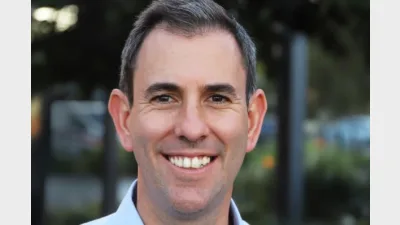Canadian pension funds on a roll
Australian superannuation funds aren’t the only ones benefiting from strengthening markets and positive economic circumstances with Canadian pension funds showing equally positive growth.
According to data released by in late April, Canadian pension funds earned a healthy 4 per cent in the March quarter, making it the 12th successive quarter of positive investment returns.
Commenting on the survey outcome, RBC Dexia director, advisory services, said that since a low-point in March, 2003, stock markets across the world had “been on the tear”.
“The average Canadian pension plan has realised a robust 15.8 per cent annualised return over three years,” he said. “In the latest 12 months performance averaged 14.9 per cent.”
McDougall’s analysis said surging commodity prices had propelled domestic equities to record highs and that while Canadian pension plans had generally reined in their exposure to resources they had still produced excellent results.
“It’s an excellent result and most plan sponsors would gladly accept the median on-year return of 27 per cent,” he said.
The RBC Dexia data also noted that global equity markets had roared and under-exposure to the US market had helped Canadian pension plans out pace the benchmark.
It said the median Canadian pension plan had increased foreign equity allocations by 2 per cent over the last quarter, and that the repeal of the Foreign Property Rule in Canada last June had paved the way for global diversification.
Recommended for you
Following the roundtable, the Treasurer said the government plans to review the superannuation performance test, stressing that the review does not signal its abolition.
The Australian Prudential Regulation Authority (APRA) has placed superannuation front and centre in its 2025-26 corporate plan, signalling a period of intensified scrutiny over fund expenditure, governance and member outcomes.
Australian Retirement Trust (ART) has become a substantial shareholder in Tabcorp, taking a stake of just over 5 per cent in the gaming and wagering company.
AustralianSuper CEO Paul Schroder has said the fund will stay globally diversified but could tip more money into Australia if governments speed up decisions and provide clearer, long-term settings – warning any mandated local investment quota would be “a disaster”.











